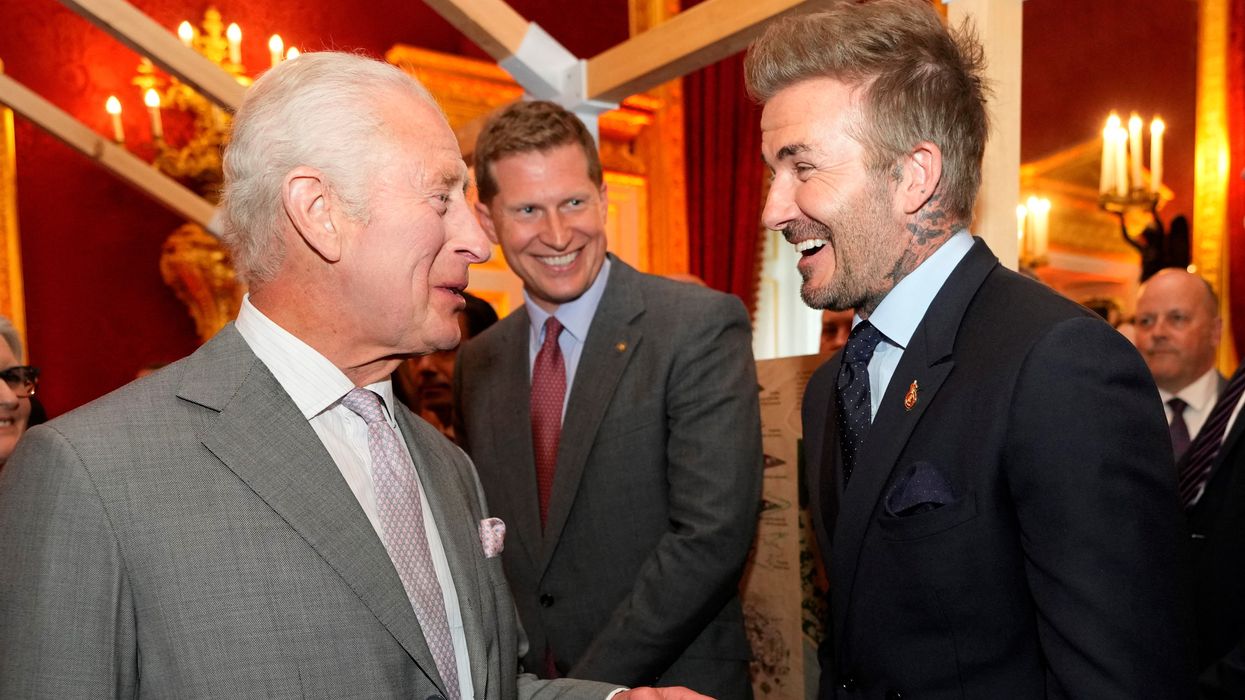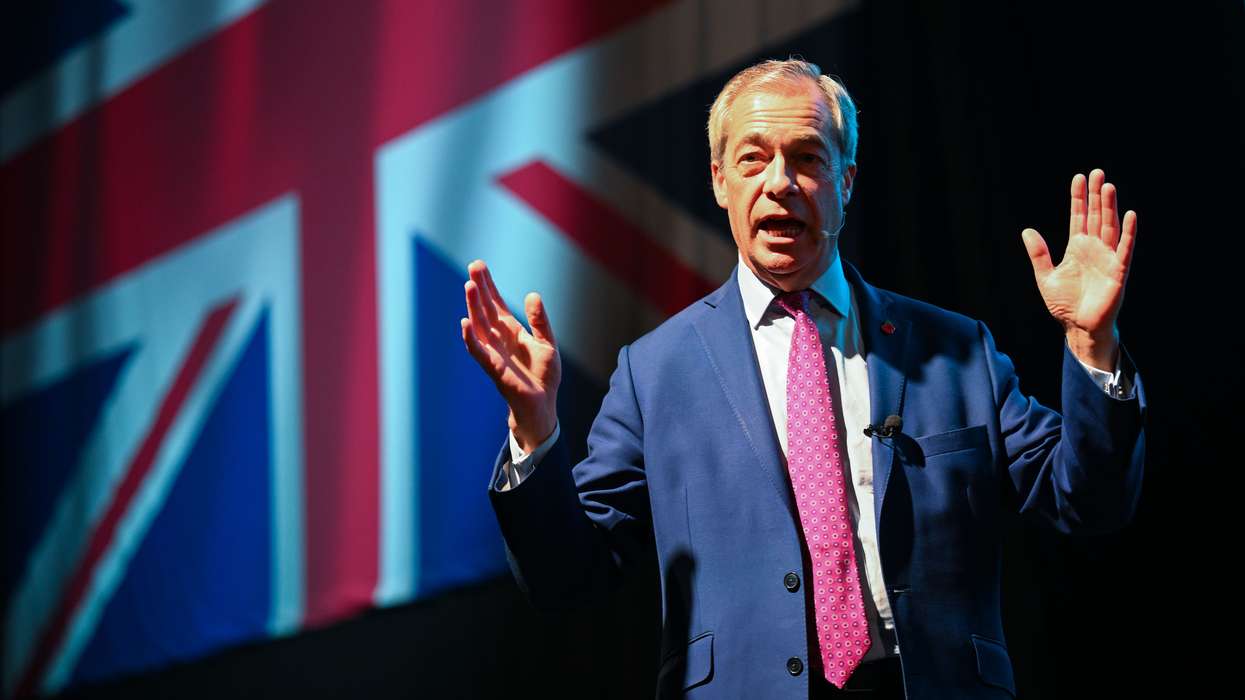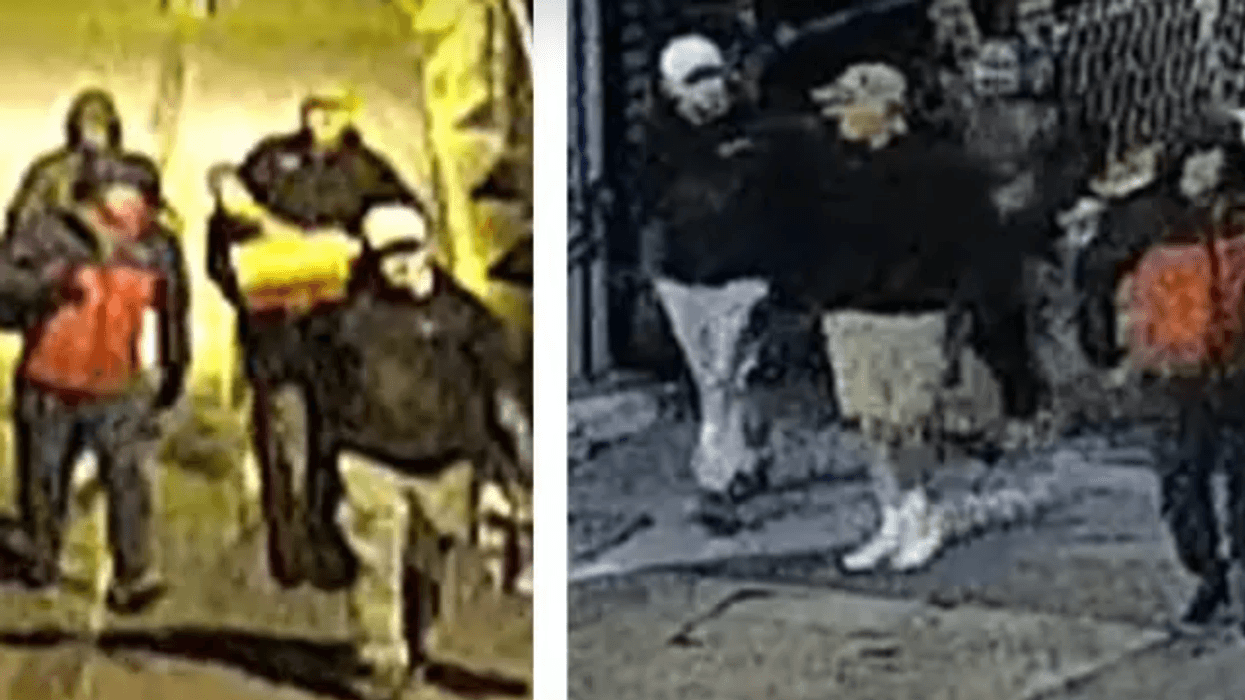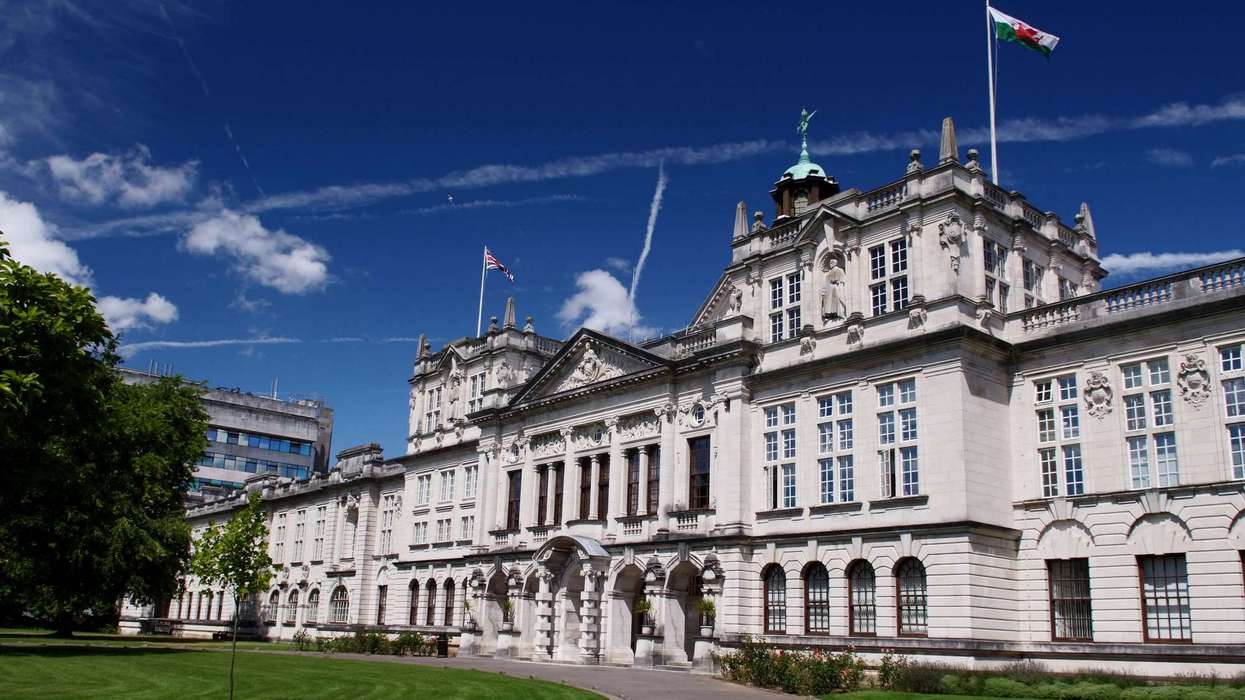David Beckham is expected to receive a knighthood in King Charles III’s upcoming birthday honours list, according to reports. The former England footballer, now 50, is said to be among those recognised for their contributions to sport and charitable work.
Beckham, who earned 115 caps for England and captained the team for six years, has long been tipped for a knighthood. His name is expected to appear on the honours list set to be released next week, with the title of ‘Sir’ to be conferred. His wife Victoria Beckham, former Spice Girls member and fashion designer, will subsequently be known as Lady Beckham, reports The Sun.
The couple have been seen alongside members of the royal family on several occasions. Most recently, they were photographed with King Charles and Queen Camilla at the Chelsea Flower Show. In February, the Beckhams also attended a formal dinner at Highgrove, the King’s private Gloucestershire residence, to support Anglo-Italian relations.
Beckham is an official ambassador for The King’s Foundation, an organisation focused on education and environmental awareness among young people. His role supports the foundation’s programmes, including efforts to promote youth understanding of nature.
In recent years, Beckham has publicly expressed his appreciation for the natural world. In the Netflix documentary Beckham, he spoke about his beekeeping hobby at the couple’s countryside estate in Great Tew, Oxfordshire.
The former Manchester United and Real Madrid star was previously honoured with an OBE (Order of the British Empire) in 2003 for services to football. He was initially considered for a knighthood in 2011, following his efforts to support London’s successful bid to host the 2012 Olympic Games.
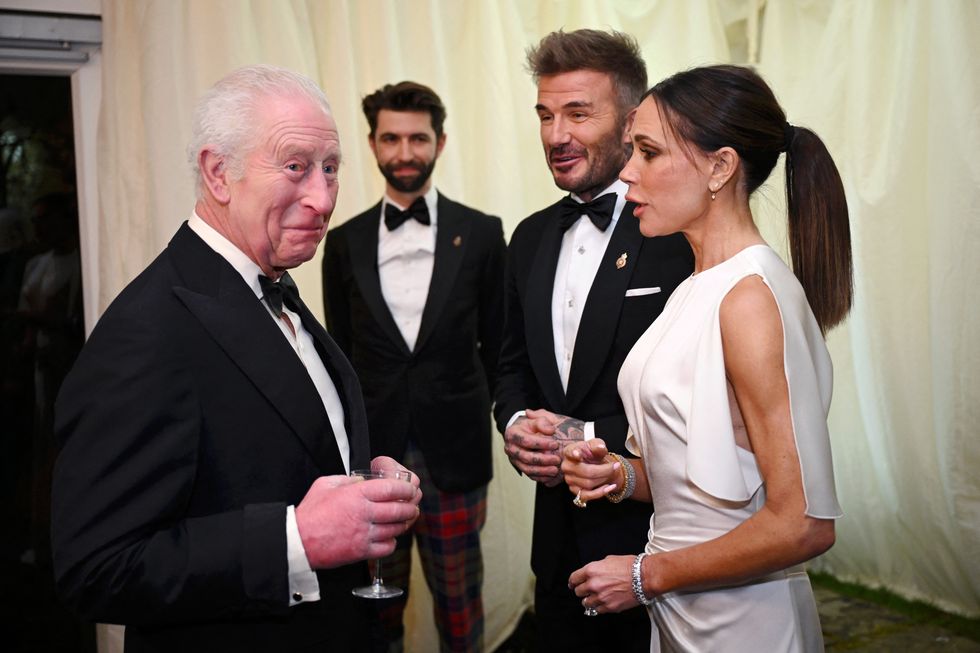
However, his advancement to knighthood was delayed due to his alleged involvement in a tax avoidance scheme. Beckham was one of 140 public figures named in the 2013 Ingenious scheme, which was investigated and blacklisted by HM Revenue and Customs. Sources at the time claimed Beckham had no knowledge of the financial arrangements. The company later won an appeal against HMRC in 2021, reportedly clearing any remaining obstacles to Beckham’s eligibility for honours.
Outside of football, Beckham has been a dedicated supporter of various charitable causes, particularly those focused on children. He has served as a Unicef special ambassador for over two decades. Earlier this year, he received the Crystal Award from the World Economic Forum in recognition of his advocacy for children’s rights.
During his speech at Davos, Beckham emphasised the importance of gender equality, particularly in education and opportunity. Speaking about his 13-year-old daughter Harper, he called for girls around the world to be given the same prospects as boys. “They need opportunities. They need collective action and they need investment,” he said. He cited poverty, violence and discrimination as key barriers still affecting young girls globally.
In May, Beckham expanded his involvement in football by becoming part of a nine-member consortium taking over League Two side Salford City, alongside his former Manchester United teammate Gary Neville. The group aims to transform the club and eventually secure a place in the Premier League.
“I always dream big so I’m always going to want us to get to the pinnacle of football and be in the Premier League,” Beckham told The Athletic. “But there’s a lot of hard work and a lot of investment to be done up until that point.”
If confirmed, Beckham’s knighthood would be a formal recognition of his lasting influence both on and off the pitch, celebrating a career marked by sporting excellence and long-standing philanthropic commitment.
